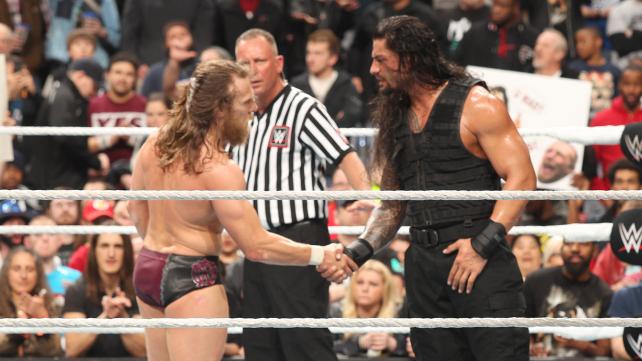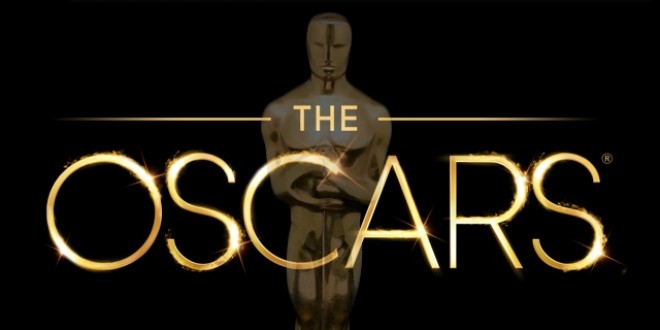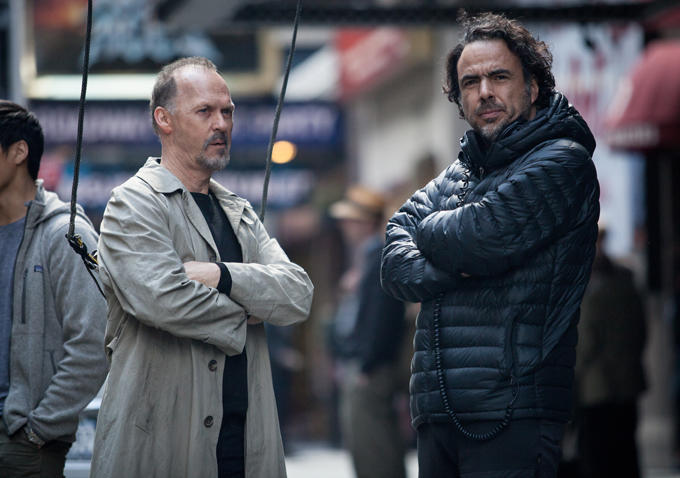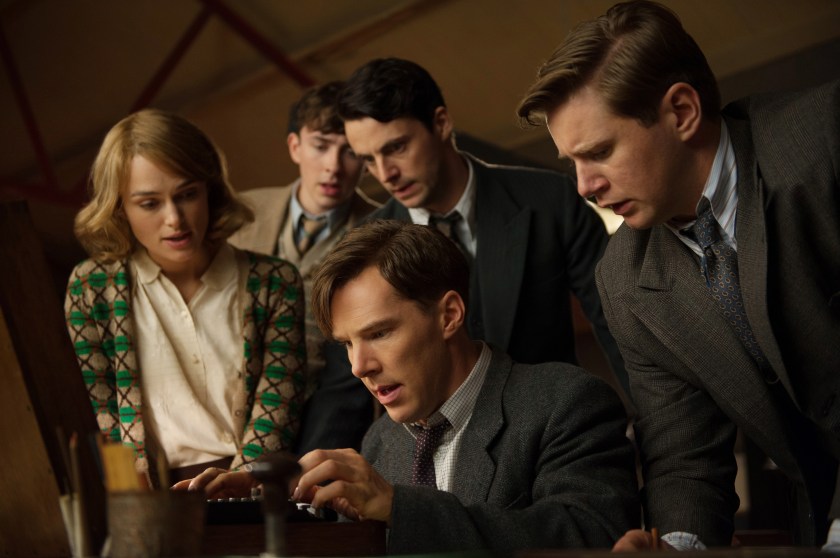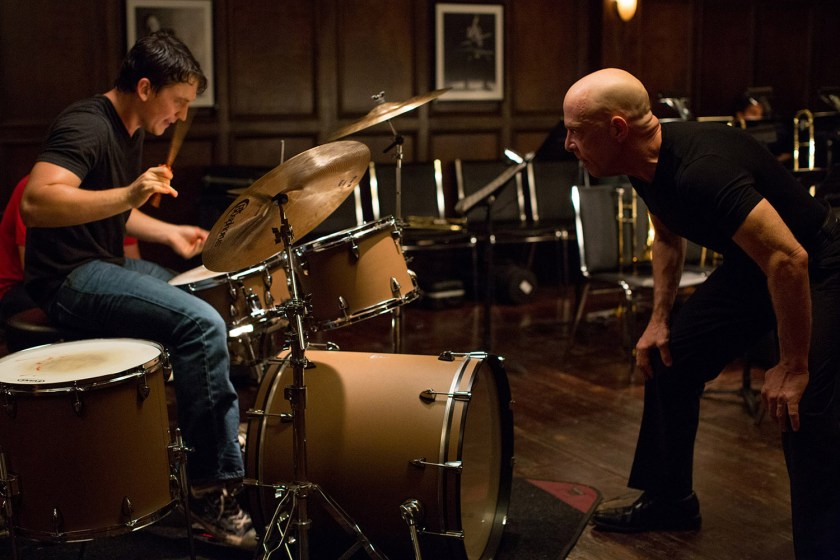Ouch. See that pain chipping away at your lower back? That’s the unwanted product of a pothole-filled Road to WrestleMania. WWE could’ve smoothed over the tarmac last night. HA! Wishful thinking, I know. Instead, whoever drove the car through Fastlane — sorry, WWE Fastlane — just rolled down the window and marked a big, black line under weeks of dreadful storytelling post-Royal Rumble.
Let’s recap. When Daniel Bryan returned from injury before the Royal Rumble and announced his involvement in the rumble match itself, the story that made the most sense at that point was Bryan versus Brock Lesnar. The talented, hard-working fan favourite against the dominant, viscous monster. Roman Reigns went on to win the rumble and that was that. Fine. From then, the next two months should have been spent building up Reigns as a credible and respectable threat to Lesnar, with Daniel Bryan nowhere in sight. Two RAWs later, Bryan’s in the title picture.
With one section of the audience rooting for Bryan and the other rooting for Reigns, the only justifiable scenario coming out of Fastlane should have been a triple threat match at WrestleMania 31 — where every fan who had invested emotion into either Bryan, Reigns or Lesnar would still have that same investment come March 29th. Fastlane is over and we’ve now got a WrestleMania main event involving a babyface who half of the audience won’t cheer for and a monster heel (one probably leaving the company) who half of the audience will applaud vociferously. And last year’s WrestleMania headliner — and opener, because Bryan is that good — is totally directionless with only five weeks to go until this year’s WrestleMania.
Sure the Royal Rumble was a royal shambles but at least the outcome, the end result on the night, made sense. Roman Reigns winning the Royal Rumble match worked from a story perspective. It wasn’t the best story they could have told but it was still a perfectly decent route to venture down. Daniel Bryan’s inclusion in the rumble match was the spoiling factor. The booking sucked, not the premise.
Fast forward to Fastlane and the whole scenario is a mess. We’ve had Royal Rumble winner Reigns gladly give up his ticket to stardom for a match against Bryan; Bryan being offered the chance to main event WrestleMania by his good buddy Triple H (you know, the same guy who fought tooth and nail to keep D-Bry out of the main event last year); and Brock Lesnar out doing some gardening because they haven’t been able to do much with him without an opponent. Ignoring the obvious story complications, the supposed vindication for Reigns versus Bryan doesn’t even make sense. Daniel Bryan — the ultimate underdog — should not be the guy who is used to get the much bigger, much stronger Roman Reigns over.
Reigns defeated Bryan clean at Fastlane and then the two shook hands. Bryan poked his opponent’s chest whilst saying, and I quote, “you better kick his ass,” referring obviously to fellow booking this rubbish. IWC smark marky markers everywhere, that is our cue to start cheering Roman Reigns. Be civil guys. The match was excellent and it’s absolutely logical therefore for people to bemoan complainers such as myself. We did get to see a brilliant match after all. But the issue is how the match came to fruition, the repercussions of the match and the likelihood that we’ll see booking disasters similar to this one again in the future.
I’m not going to defend Reigns much because I don’t think there’s much to defend. Yes, he done very well last night and, yes, he absolutely could be a big star. But as of this moment, he’s not that good. He’s not WrestleMania headliner/opener good. He’s not even WrestleMania headliner good. The match at Fastlane was great because Daniel Bryan wrestled in it and Roman Reigns just about managed to keep up. If the Samoan Boss Man had wrestled Sheamus, or Orton, or even Cena, I really don’t think the bout would have been half as entertaining.
Fastlane was a bit of a dud show in general. The crowd weren’t on great form — no Slammy for you Memphis. Randy Orton’s return was one of the high points and I’m looking forward to seeing his match against Seth Rollins at WrestleMania. Orton isn’t everyone’s cup of tea but he does tend to have excellent matches with smaller guys (Christian, Bryan and Rollins himself all spring to mind). Bray Wyatt delivered the most exciting moment of the night as he finally called out the Undertaker. This one has a ring-load of potential. Check out Inside The Ropes for some genuinely thrilling thoughts on how to book that programme, and lots of other top chat too — they’re always on the ball.
I’m not entirely sure what to make of Sting and Triple H. I never watched WCW so the whole ‘defending the honour of a now defunct promotion’ angle doesn’t resonate with me at all. Hey, if they’d waited a few more years Sting could have showed up looking to defend the honour of a lifeless TNA. Kidding. The worry for me is that Sting versus Triple H will play out much like Brock versus Triple H did at WrestleMania 29. There is still time to generate more buzz.
However, it looks like there won’t be enough time to rescue Roman Reigns before the big showdown, at least not fully. If booked correctly, he could have had an army of followers vying for him to win the title. Now at least half of that army are too busy mourning Bryan’s mistreatment. As for the bearded warrior — he’s the most popular guy in company, but we shouldn’t let that silly insignificance get in the way of any undermining that needs to be done, right?
He literally is the Boyhood of wrestling: under-appreciated by those inaccessible elites but loved for his authenticity and talent by us lowly peasants. I’m off to watch the WWE Network and buy a Sting t-shirt.
Images credit: WWE

